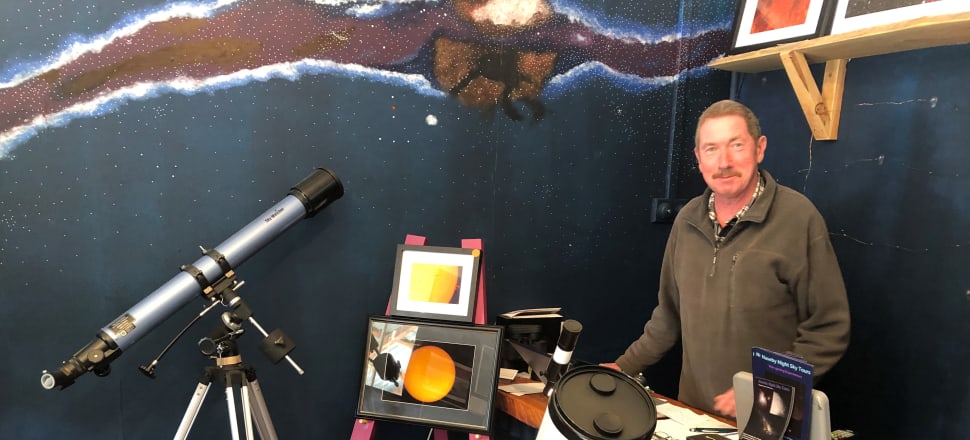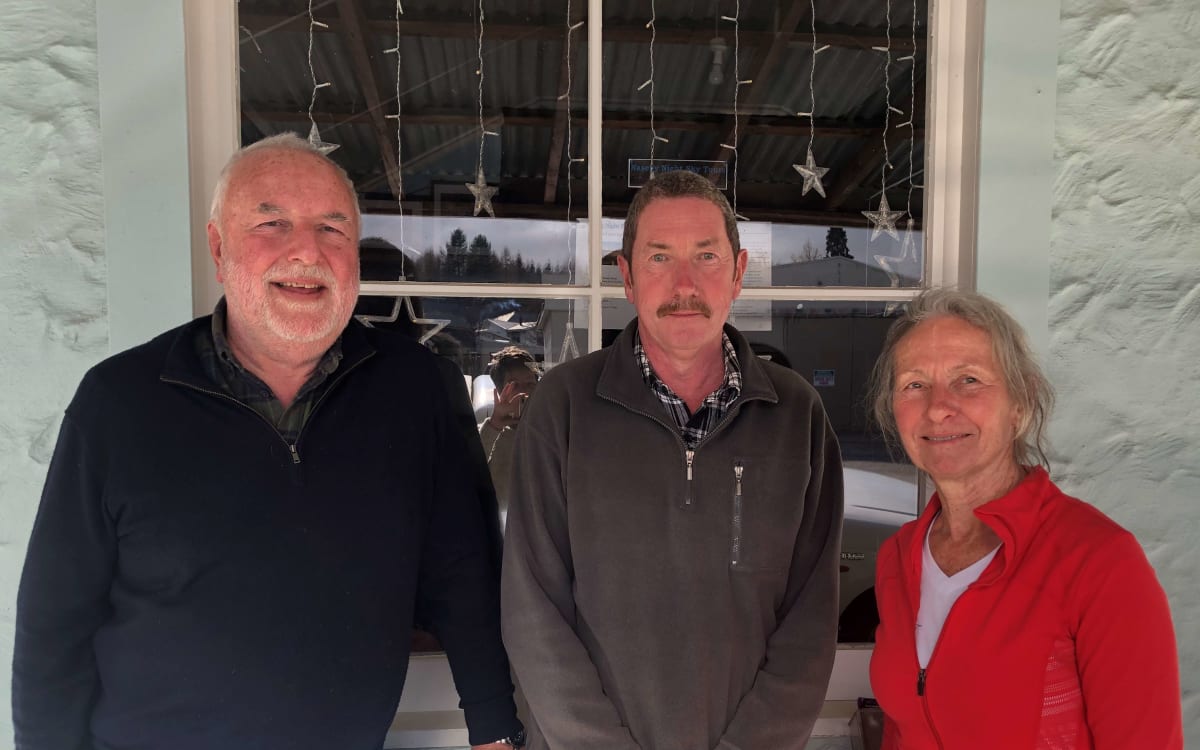
A tiny town in Central Otago that's already on the world map – for something a little different – is set to notch up another first in a few weeks if its sky high ambitions go to plan.
Not content with its world famous curling rink to draw visitors, Naseby, population 150, is aiming to be the first dark sky community in the Southern Hemisphere.
It's taken eight years, a lot of perseverance and paperwork, but this once-thriving gold boomtown is now leading the way with a new plan to sustain it that other nearby communities are keen to follow.
Persuading Central Otago District Council to take the project seriously hampered progress, but that didn't stop night sky experts visiting and inspecting Naseby's suitability.
"We even had a Nasa astronaut come to town," says John Crawford, the operator of Big Sky Adventures.
"The local school sent virtually all their pupils up, the town hall was absolutely groaning with people and it was a fantastic event. Everyone was fizzing, a real life astronaut in Naseby."
The dark sky idea started as a means to create employment, says Crawford, former chair of Naseby Vision, a community group that promotes the town.
"Then we got Otago University involved in doing a tourism survey for us to see what sort of interest and where the people might come from and then we basically went for it."

At the same time, representatives from the accreditor DarkSky International visited and were "blown away" by the darkness says Jill Wolff, who has done a lot of the ground work on the accreditation.
"We haven't got any commercial lights at night. I think one of our huge advantages is that we are dark, dark," emphasises Wolff.
The group knew it wasn't as simple as getting residents to pull their curtains and turn off their lights at night, but it had no idea of the degree of complexity in the process.
DarkSky International has a long list of rules from street lighting to education and community engagement. That wasn't difficult, says Wolff – the problem was the lack of policy to stop people putting up bright lights.
Crawford says the process went "on and on and on, but in recent times the council has really stepped up and has even provided a bit of funding".
A photo of the visiting astronaut Colonel Mike Hopkins has pride of place in the shop of astrophysicist Paul Bishop, who runs night sky tours.
He came to the town several years ago after hearing of the dark sky plans and has been waiting ever since to be able to advertise the accreditation.
"I'll be honest it has been nerve wracking at times," he tells The Detail.
"I'm just glad Paul had the fortitude to hang in there," says Crawford. "He's a bit of a pioneer in his own right. He bit the bullet and was here waiting for it to happen."
Check out how to listen to and follow The Detail here.
You can also stay up-to-date by liking us on Facebook or following us on Twitter.








